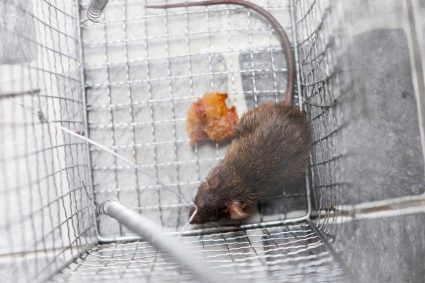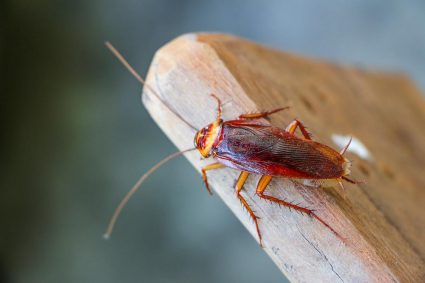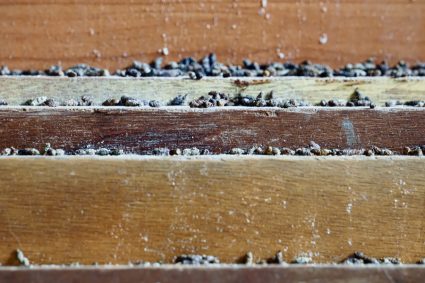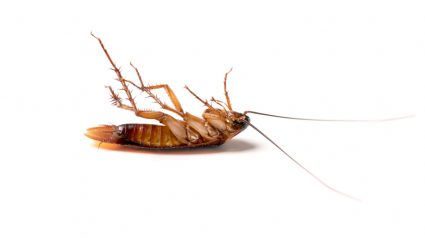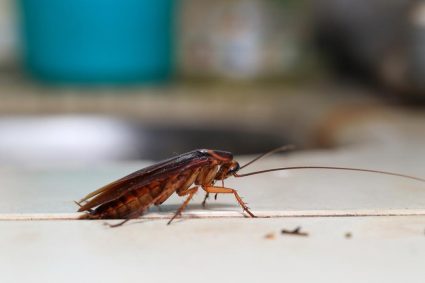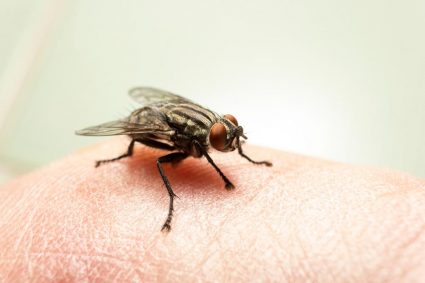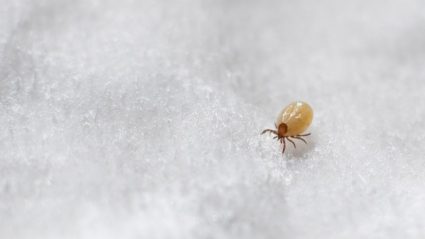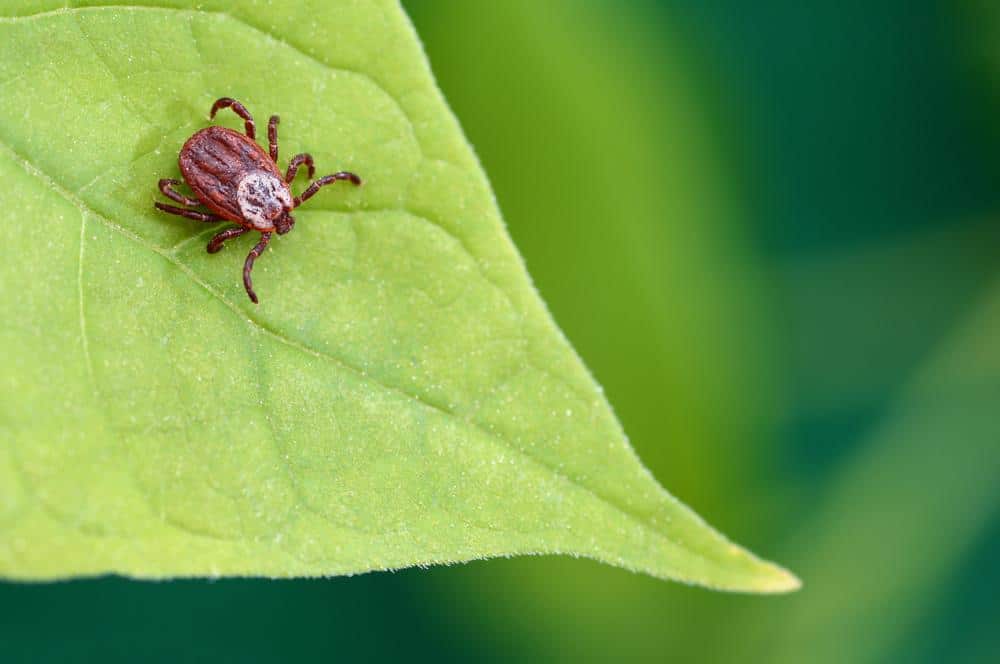
Borax, also known as sodium borate, is a naturally occurring substance with a multitude of uses. From household cleaning to making slime, borax has found its way into many homes. But can this versatile substance be used to kill lice?
While borax has insecticidal properties and can kill many types of insects, its effectiveness against lice is unclear due to lack of scientific studies. Furthermore, borax can be toxic and is not recommended for direct use on the scalp or skin, making it a less desirable choice for lice treatment. Safer and more effective alternatives for lice treatment are available, both natural and over-the-counter.
Understanding Borax
Borax is a soft, light, colorless crystalline mineral that is primarily used in detergents, cosmetics, and enamel glazes. Its insecticidal properties have made it a popular choice for pest control, effectively combating insects like ants, cockroaches, mites, and spiders. When insects come into contact with borax or ingest it, the boron disrupts their metabolism, leading to their eventual death.
Borax and Lice
While borax can be effective in killing many types of insects, its effectiveness against lice is not as clear. The lack of scientific studies or clinical trials focusing on borax’s effectiveness against lice makes it difficult to definitively say that borax can kill lice. Anecdotal reports suggest that borax can be used to treat lice by mixing it with dish soap to create a shampoo, but this method is not widely recommended due to the potential risks associated with borax exposure.
Borax is not recommended for direct use on the scalp or skin as it can be toxic. Ingesting borax can lead to nausea, vomiting, stomach aches, and diarrhea. Long-term exposure can affect fertility and cause issues with the testes and a developing fetus. Children are particularly at risk from borax toxicity. Therefore, it is advised to use borax with caution and always wear gloves when handling it.
Safer Alternatives for Lice Treatment
Given the potential risks associated with using borax for lice treatment, it is worth considering safer and more effective alternatives. Natural remedies such as apple cider vinegar, mayonnaise, coconut oil, olive oil, and essential oils like ginger, eucalyptus, tea tree, cedarwood, and lavender have been found to be effective in preventing and treating lice.
Over-the-counter treatments like Shiny Strands X-Pel Shampoo & Conditioner, Head Hunters WipeOut Natural Lice Treatment, and Enviro-One LiceOut™ are also safe non-toxic lice treatments. These treatments are safe for both children and adults and use natural ingredients to effectively eliminate lice.
Conclusion
In conclusion, while borax has insecticidal properties that can kill insects, its use as a lice treatment is not recommended due to its potential toxicity. Safer alternatives, both natural and over-the-counter, are available and are often more effective in treating lice. Always consult with a healthcare professional if you have any concerns or questions about lice treatments.
Frequently Asked Questions
Can Borax be used for other insects?
Yes, borax is effective in combating various insects such as ants, cockroaches, mites, and spiders. When these insects come into contact with borax or ingest it, the boron disrupts their metabolism, leading to their eventual death.
What are the symptoms of borax toxicity?
Symptoms of borax toxicity include nausea, vomiting, stomach aches, and diarrhea. Long-term exposure can affect fertility and cause issues with the testes and a developing fetus.
Are there any non-toxic over-the-counter lice treatments?
Yes, there are several non-toxic over-the-counter lice treatments available. Examples include Shiny Strands X-Pel Shampoo & Conditioner, Head Hunters WipeOut Natural Lice Treatment, and Enviro-One LiceOut™. These treatments use natural ingredients to effectively eliminate lice.
Can natural remedies be used for lice treatment?
Yes, natural remedies such as apple cider vinegar, mayonnaise, coconut oil, olive oil, and essential oils like ginger, eucalyptus, tea tree, cedarwood, and lavender have been found to be effective in preventing and treating lice. Always consult with a healthcare professional before trying a new treatment.

